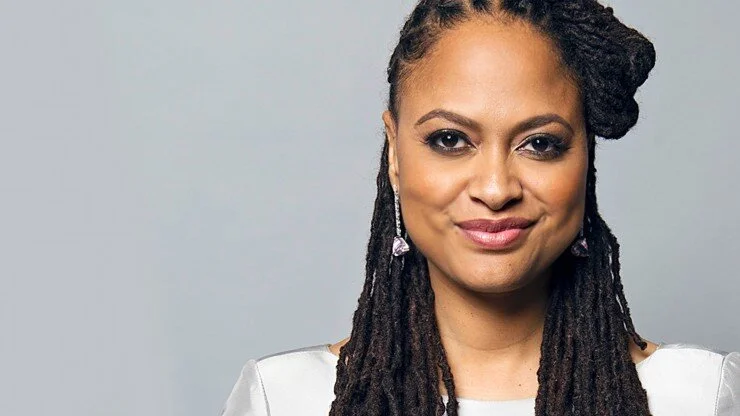Women’s History Month Spotlight: Ava DuVernay
Ava DuVernay is the acclaimed director of the award-winning Netflix documentary 13th, the 2018 adaptation of A Wrinkle in Time, Selma, and most recently, the limited series When They See Us—the story of the Central Park 5 from childhood, to conviction, to exoneration—nominated for 16 Emmys.
Though DuVernay is now one of the most well-known directors and writers in the industry, it was a long road to get where she is now.
From the beginning of her filmmaking career, DuVernay fought against the tide of conventional filmmaking “wisdom” about which stories were profitable. For the stories she wanted to tell, stories that often centered the nuanced lives of women and African Americans, she simply couldn’t find a distribution company that was interested in her projects.
In the face of this resistance, however, DuVernay didn’t change her passion for underrepresented stories in order to seem more appealing to conventional wisdom--she decided to make her own way. In 2010, DuVernay founded her own production company, Array, to tell the stories she wanted to tell. Her subsequent critical and commercial success has tapped into massive new markets of movie and TV watchers and has helped to pave the way for other women and minority filmmakers.
What can we learn from her example? Here are two questions for you to reflect on ways to tap into new opportunities in your work.
Are there any ideas for your current projects that seem out of the question simply because prevailing wisdom says they aren’t worth pursuing?
What are ways to amplify early ideas from your team so that they can be borne out into their full creative potential?
We can’t all expect to have the sheer determination and grit shown by DuVernay. How many great ideas go unheard because they are dismissed in their infancy? If you or a teammate has a gut feeling about an idea that pushes against the tide of convention, first follow the thread. Maybe it will draw out other creative ideas--or maybe there’s an untapped opportunity on the other side.

